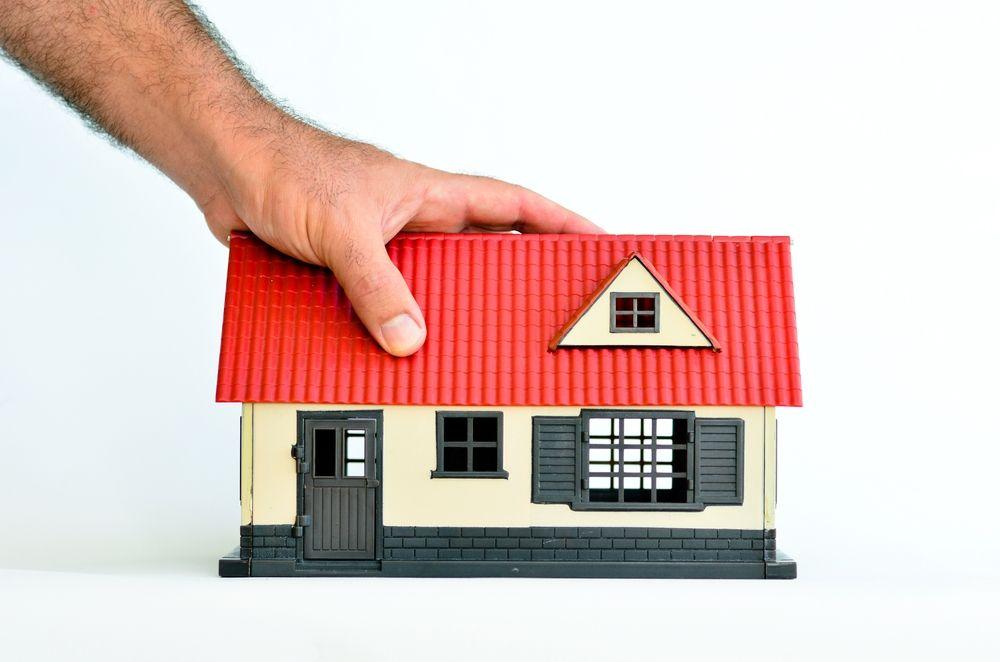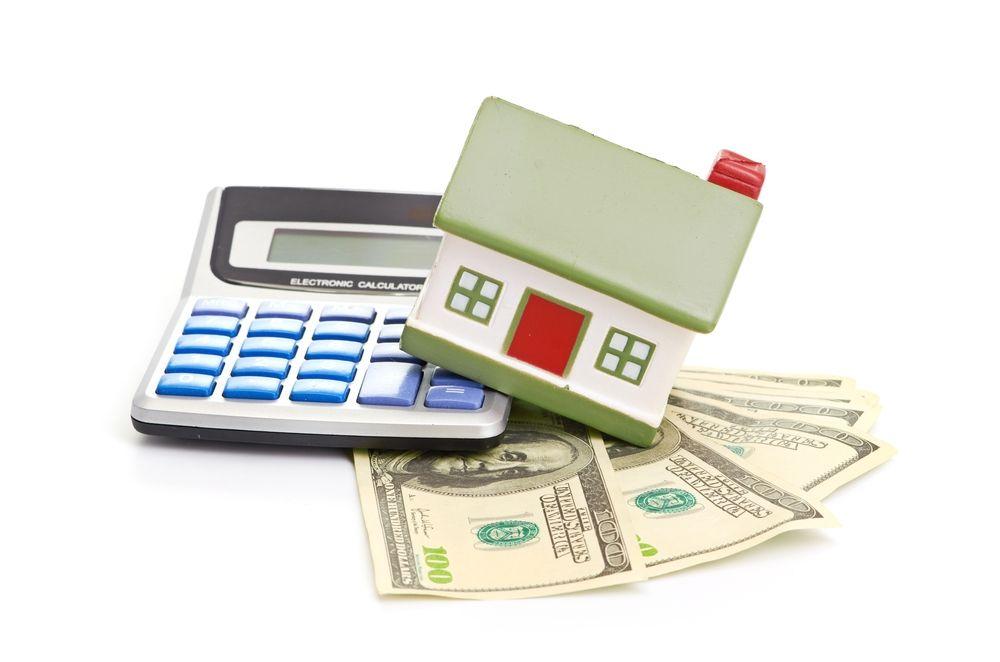One of the most unfamiliar aspects of the home buying process is the escrow process. Generally, this refers to the period of time between when the seller accepts the terms of the purchase agreement and when the buyer receives the keys to the house. What happens between all of that can cause confusion for the unprepared. Follow these helpful bits of advice to make your escrow process a breeze.
Escrow basics
The basic definition of escrow, according to RealEstateABC.com, is "the deposit of funds, a deed or other instrument by one party for the delivery to another party upon completion of a particular condition or event." It is in the interest of both the buyer and seller of a home to ensure that no money changes hands until each side has held up their respective end of the deal. After the buyer and seller have agreed to the terms of the purchase agreement, the agent or broker facilitating the sale will take the funds of the buyer to be placed in an escrow account, which is just a separate bank account owned by a neutral third party. This account holder is mutually agreed upon by the buyer and seller.
Once you have begun the escrow process, as either a buyer or seller, contact the person in charge of the escrow account, usually referred to as the escrow manager. Ask them what you can do to expedite the process of closing the escrow. This may include getting a bank's appraisal and approval for a loan, getting a title report or title insurance. You'll want this to go as smoothly and quickly as possible, especially if you are moving out of a home or apartment and have a time constraint to deal with.
Inspections in escrow
Zillow notes that a crucial step in the escrow process is getting the home and property inspected. A home inspection will protect you as a buyer by ensuring the seller has not omitted any defect or issues with the home at any point. Any issues that go unnoticed before closing will be yours to deal with, no matter how expensive they may be. Primarily, you'll want to get a property inspection to ensure that every aspect of the contract is valid. You'll want the size and features of the property to match up to what the seller has told you. A pest inspection is also very important and not worth skipping out on. Pests like termites can be destructive to wood materials and result in very costly and time-consuming repairs. Pests very easily go unnoticed anyway, so identifying a major issue before it becomes your own issue is essential. An environmental screening may not be a bad idea either. Mold inspections will check for harmful levels of mold that, like pests, can require expensive repairs. Environmental inspections also check for lead, asbestos and radon. You may be required to get another form of house inspection, like a flood report or earthquake risk estimation, per the terms of your homeowner's insurance. The rules on these procedures vary depending on location. Note that if the contact states the home is to be sold "as is," the seller may not be on the hook for any repairs.
Emergencies in escrow
While these are the most common procedures during escrow, you also need to be prepared for the worst case scenarios. Zillow details the necessary steps that need to be taken if a home is damaged by weather, fire or some other unforeseen event while the property is in escrow. If this happens, the first step to take is to refer back to the contract you both signed. If your contract does not include any provisions about what to do in the event of damage while in escrow, you should ask your broker or attorney to add a clause for this purpose. If more than 5 percent of the home is considered damaged, buyers typically are allowed to leave the transaction, according to Zillow. Your lender may grant a credit to cover repairs up to three percent of the loan amount. Any more than that may result in cancellation of the loan.
Get the Latest Insights!
Sign up to stay up to date with latest tips, trends and updates from WIN.












